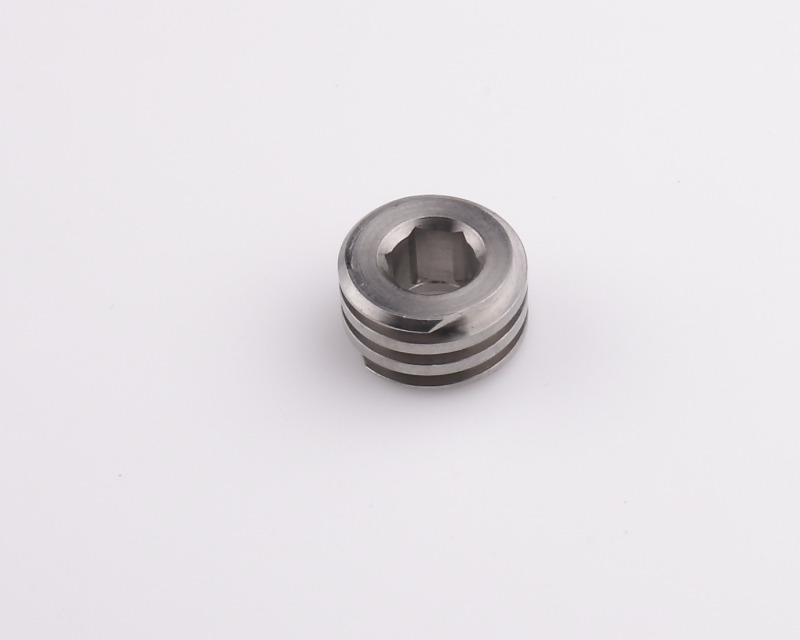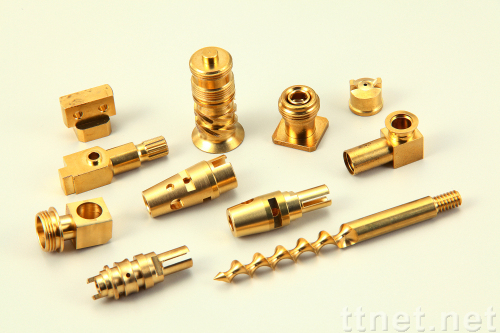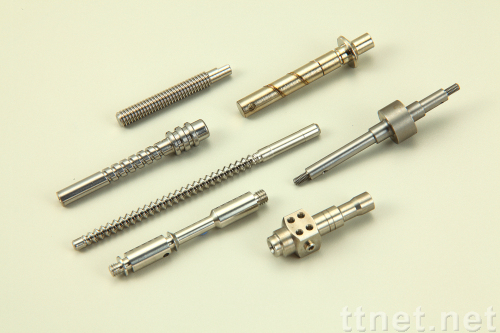Automotive CNC parts
 Precision engineering components Automotive CNC Parts: Precision for the Modern Vehicle Industry
Precision engineering components Automotive CNC Parts: Precision for the Modern Vehicle Industry
The automotive industry demands components that are not only reliable but also manufactured with the highest level of accuracy. This is where automotive CNC parts play a crucial role. CNC (Computer Numerical Control) machining allows for the precise production of metal and plastic components that meet strict automotive standards. From engine parts to braking systems, steering components, and transmission housings, CNC machining ensures that every piece fits and functions perfectly.
One of the main advantages of automotive CNC parts is their consistency. Unlike traditional machining methods, CNC technology minimizes human error, enabling mass production of identical components with exact dimensions. This reliability is critical in the automotive sector, where even the smallest deviation can affect safety and performance.
Material versatility also makes CNC machining essential for car manufacturing. Whether it is aluminum for lightweight engine components, stainless steel for high-strength fasteners, or brass for electrical connectors, CNC machines can handle diverse materials while maintaining precision. Automotive suppliers rely on this flexibility to meet the evolving needs of modern vehicles, including electric and hybrid models.
Furthermore, CNC machining supports rapid prototyping, helping automakers and suppliers accelerate the development of new parts. With shorter lead times, manufacturers can test, refine, and mass-produce components faster, giving them a competitive edge in the global market.
In conclusion, automotive CNC parts are the backbone of today’s vehicle industry. They combine precision, durability, and versatility to meet the stringent requirements of automakers worldwide. As the automotive sector continues to evolve, CNC machining will remain at the forefront, providing the advanced components that drive innovation, safety, and performance on the road.

